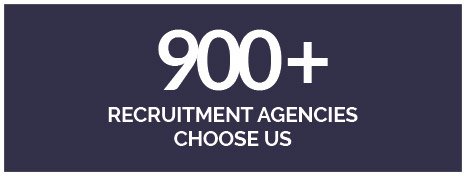WHO air pollution limits for the pollutant PM2.5 are 10ug/m3. The UK limits are set considerably higher, at 25ug/m3.
PM2.5 particles are dangerous because they harm the lungs, but also pass into the bloodstream which can cause problems with other parts of the body. In addition, particles can enter directly into the brain from the nose during normal breathing.
Children, who are still developing, are particularly vulnerable to PM2.5. The pollutant is known to cause increased incidences of asthma but also has a degenerative effect on the brain leading to mental disorders, as well as cognitive impairments including ADHD.
Cognitive decline and neurodegenerative diseases in children have also been linked to elevated levels of air pollution.
The most affected areas are in London and Southeast England, although GAP also identified high levels of PM2.5 in school locations in Manchester, Portsmouth, Leicester, and Ipswich.
All of these are areas which are highly populated.
The GAP report hasn’t come as a surprise to those following environmental issues, as the UK’s 2019 Clean Air Strategy identified that a change was needed. “We will reduce PM2.5 concentrations across the UK, so that the number of people living in locations above the WHO guideline level is reduced by 50% by 2025”, the government said.
But this will still leave the UK lagging behind. The WHO guidelines, which were set in 2005, are likely to be reduced even further when they are reconsidered in September this year.
Sadly, this will be too little too late for the people who have already been affected. The Royal College of Physicians state that air pollution cuts short around 40,000 UK lives every year. And long-term exposure to air pollution is killing 1 in 19 people, according to recent research from Centre for Cities.
In December 2020, air pollution was listed as the cause of death on a death certificate for the first time. 9-year-old Ella Kissi-Debrah, died after multiple seizures brought on by an asthma attack. The coroner stated that traffic fumes contributed to her death.
With 27% of UK schools located in areas which are currently above the WHO limit for PM2.5, it is alarming for parents and teachers alike.
And it’s not just levels of the pollutant PM2.5 which are higher than they should be in the UK. Levels of nitrogen dioxide are also illegally high in 75% of urban areas. The court of justice of the EU (CJEU) ruled that the UK “systematically and persistently” broke toxic air pollution limits for a decade.
In short, schools need to take the matter of air pollution seriously, which is considered to be the largest environmental threat to life in this country.
And with schools beginning to return to normal after the pandemic, teachers should be looking at ways to improve the air quality to provide a safer learning environment for students, as well as a safer working environment for teachers and staff.
Larissa Lockwood, director of Clean Air at GAP, says that we should not accept air pollution as a “fact of life,” but rather consider it something that can be solved with “collaborative education and action.”
There is support available to help schools improve air quality in and around their school.
The Clean Air for Schools Framework is a free tool to help schools identify where they can make changes, as well as educate children and their families on how they can make cleaner air choices.


Since 2002, JMK have been compliantly consolidating back-office, accountancy and payroll functions.
We have evolved to provide a range of expert services; such as Professional Employer Organisation (PEO), or Back Office Support (BOS) or Funding, becoming a leading provider to the contracting industry.
We know every agency is different in some shape or form, even if only by a little, but important bit. Combining our knowledge and experience of multiple sectors enables JMK to support you all from recruiters and payroll, through to finance, compliance and management.
With JMK as your trusted partner, even the smallest team can process the largest payroll, regardless of payroll type.
Have a look at the wide range of services our Professional Employer Organisation (PEO) or Back Office Support (BOS) can provide to you and your business, it is far more than just payroll and finance.
































